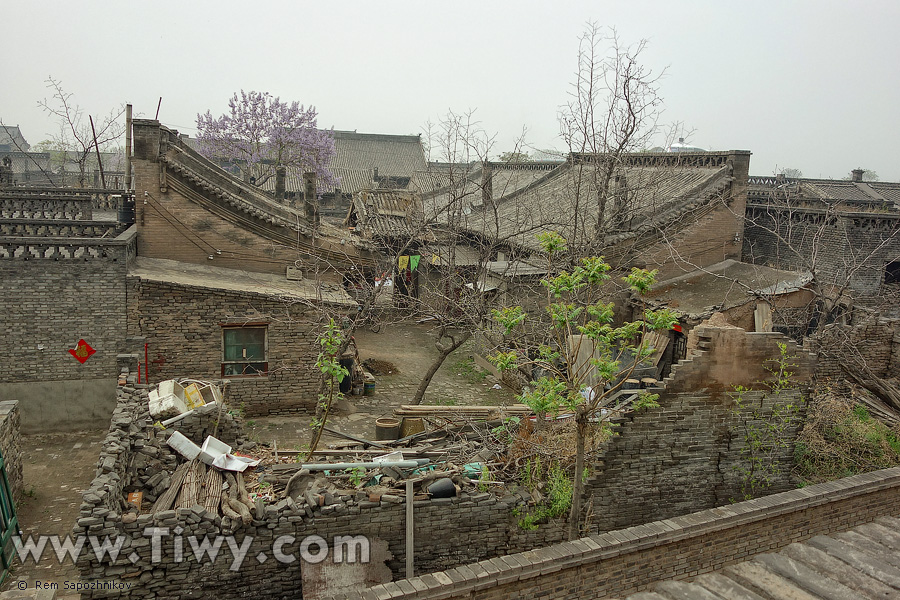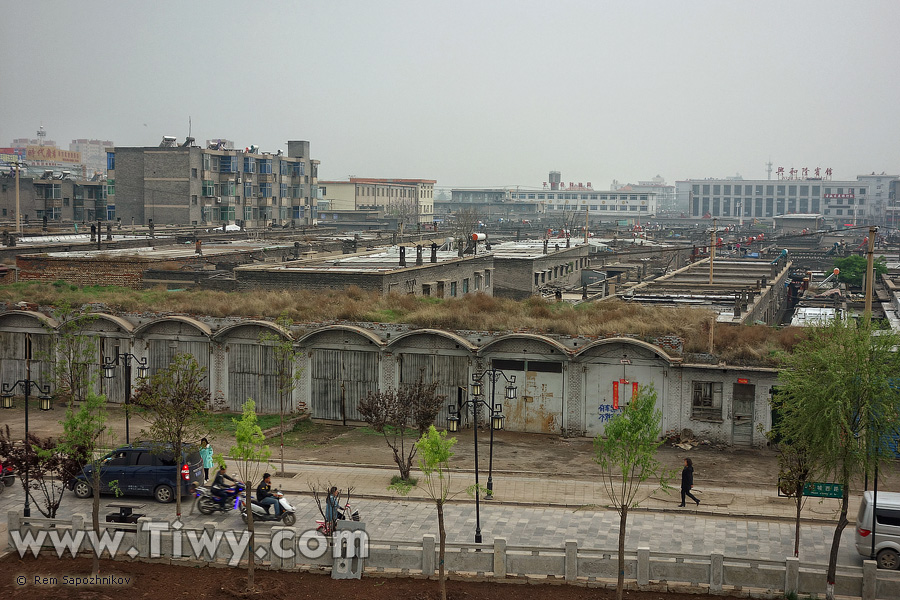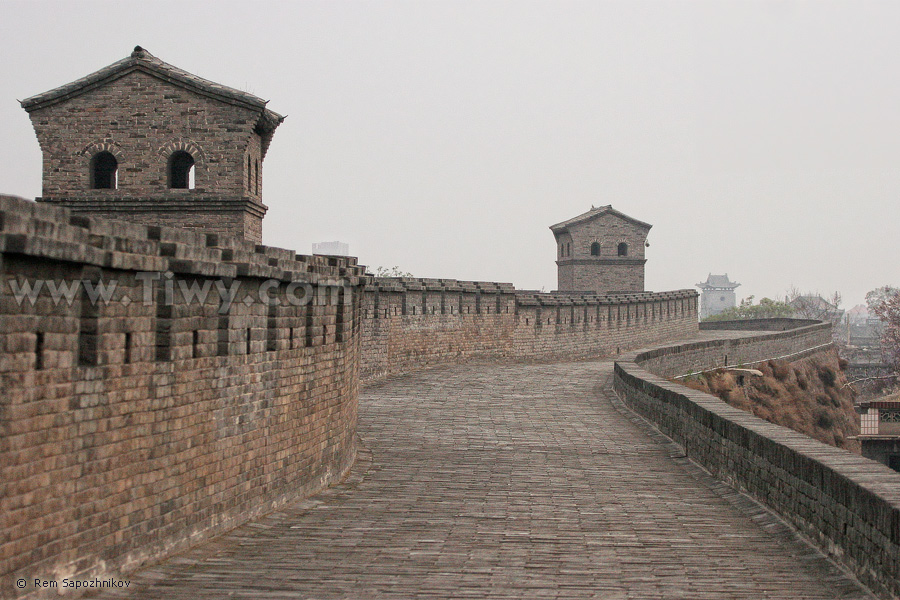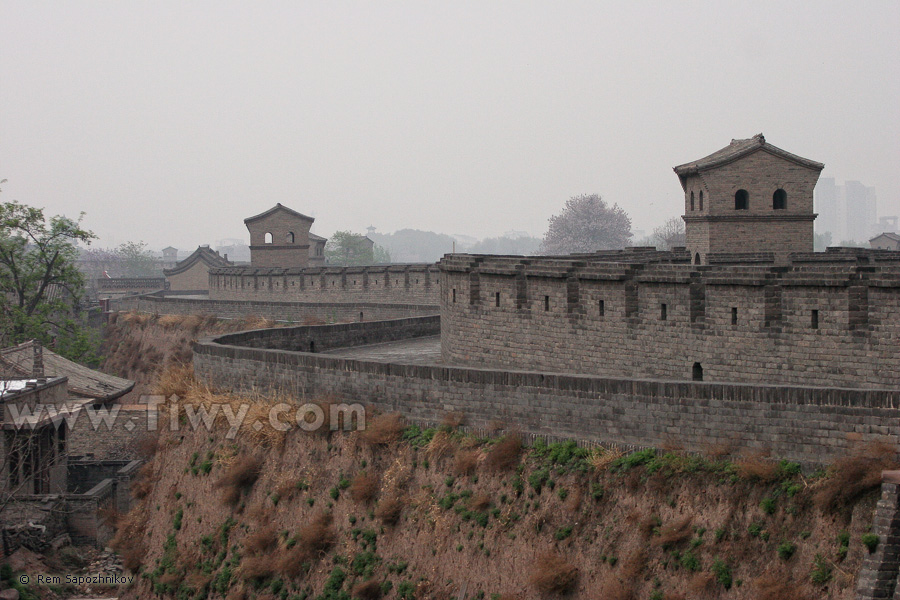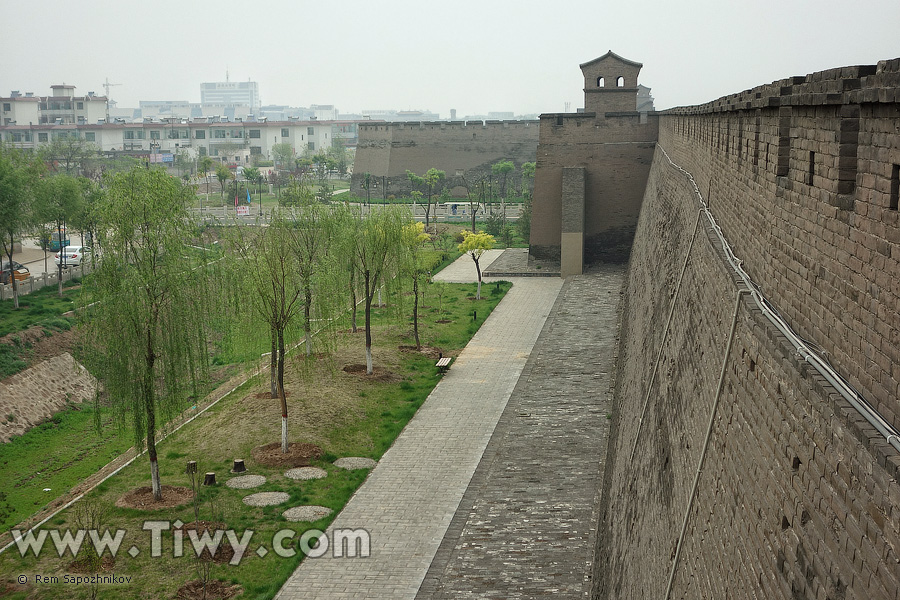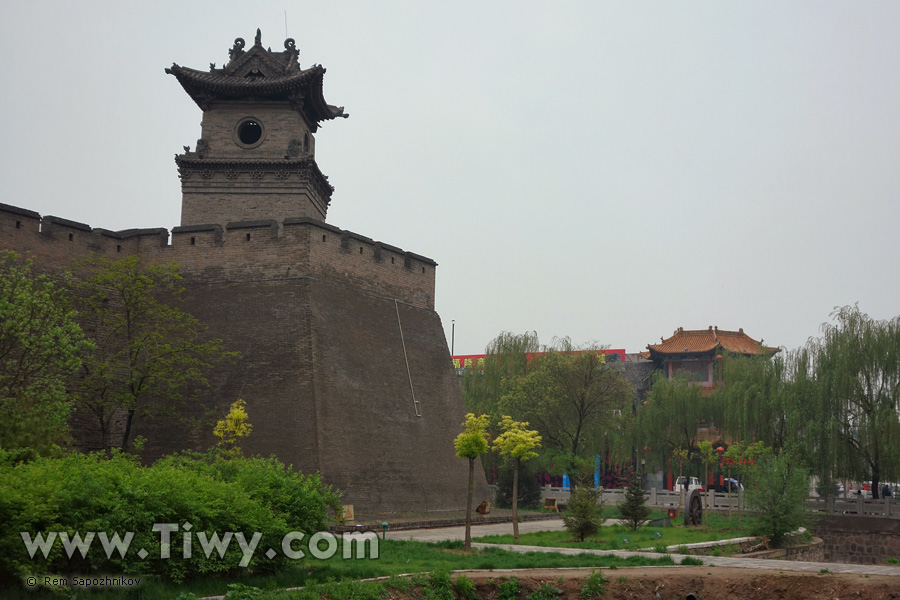Pingyao: The city wall of Old Town
During its long history the city of Pingyao had never seen the Easter cake and Easter eggs on its castle walls.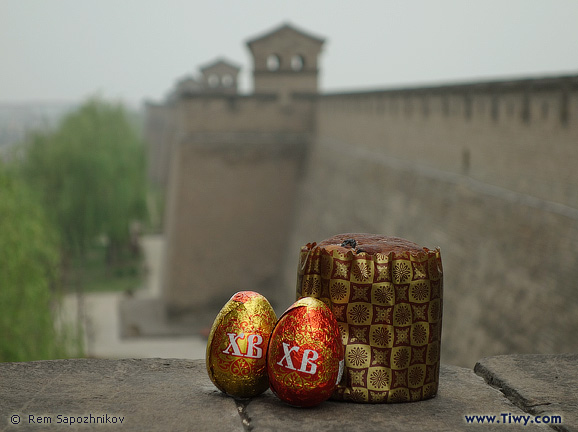
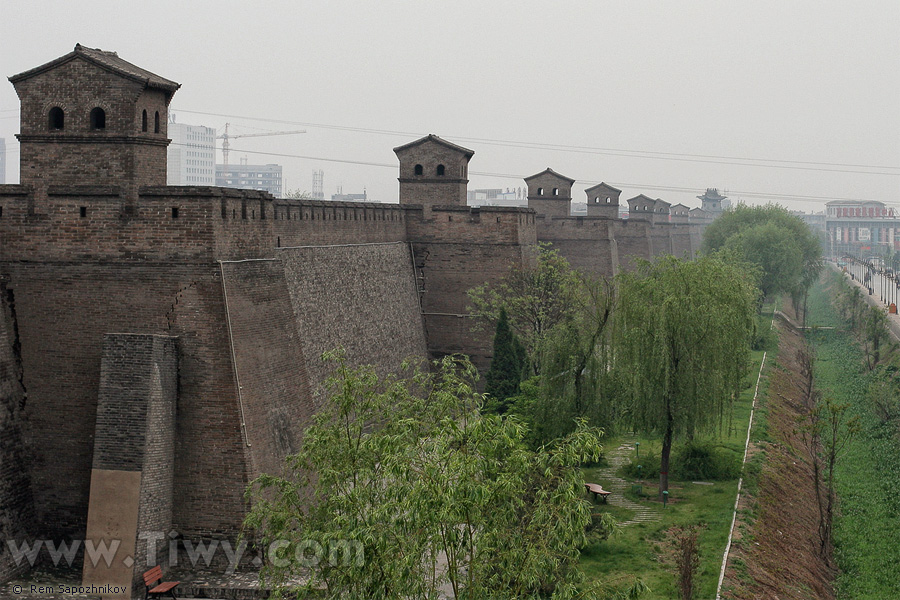
I went clockwise through 3/4 of the walls perimeter, from the Northern gate to the Lower Western.
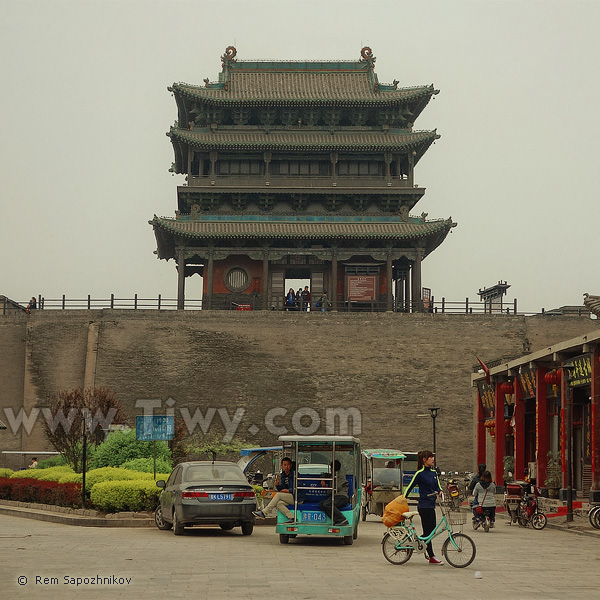
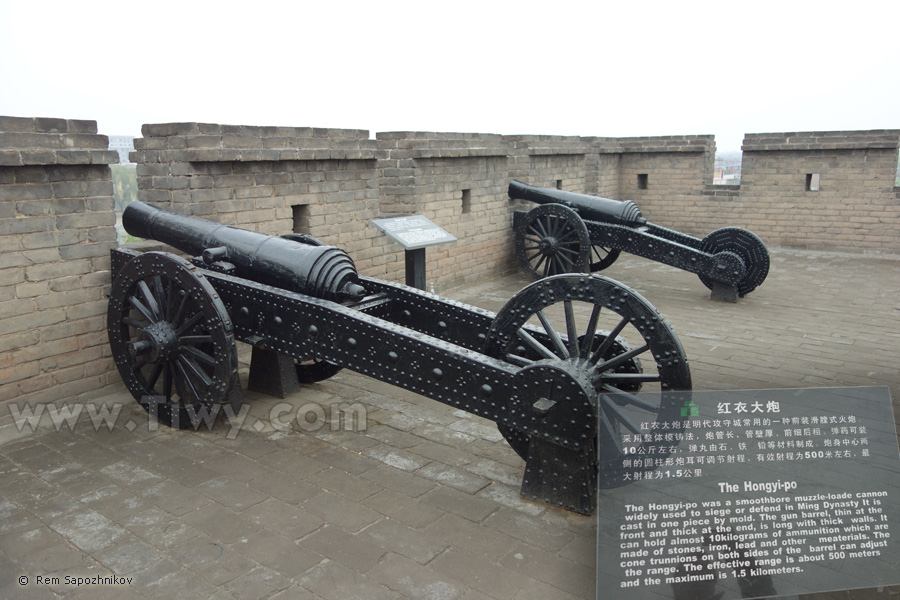
The literal translation of the name is gun (dàpào) in red (hóng) clothes (yī). Strange, is not it?
It turns out that the Dutch, who were then contemptuously called red barbarians (红夷 - hóngyí) in China, sold the technology of these guns to Chinese. Therefore, the original name hongyipao (红夷炮 - hóngyípào), sounded like a "gun of red barbarians". Then, to political correctness and as a result of centuries of pressure on China by overseas countries, the name was changed.
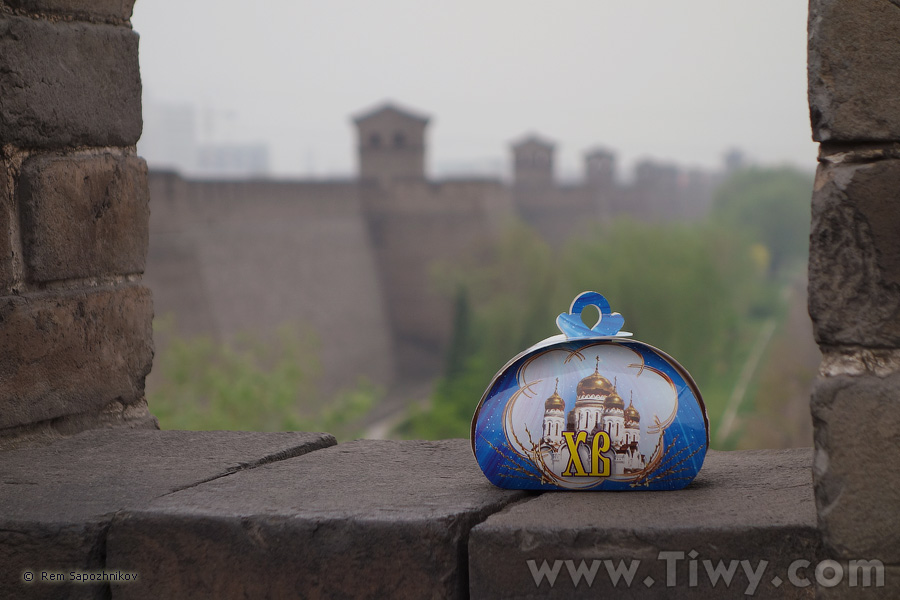
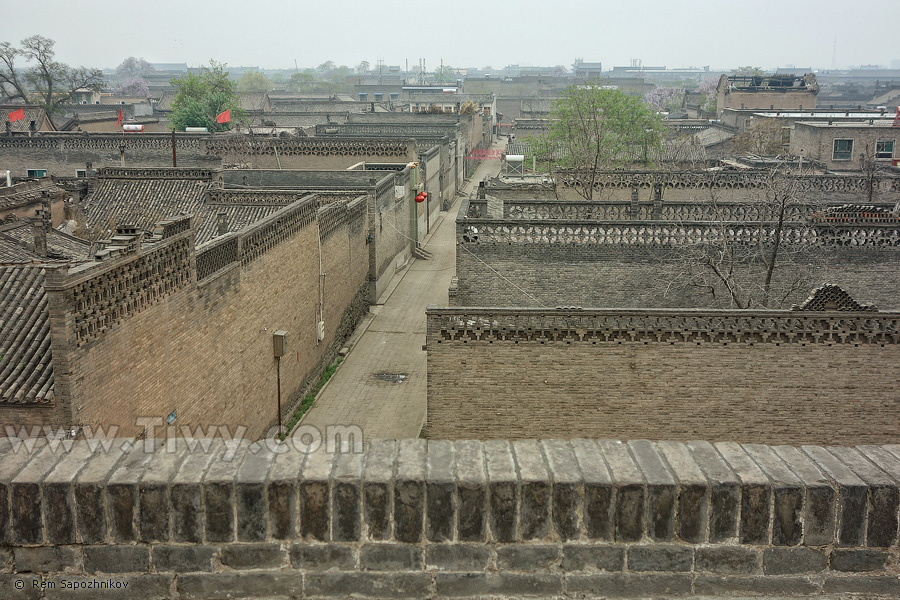
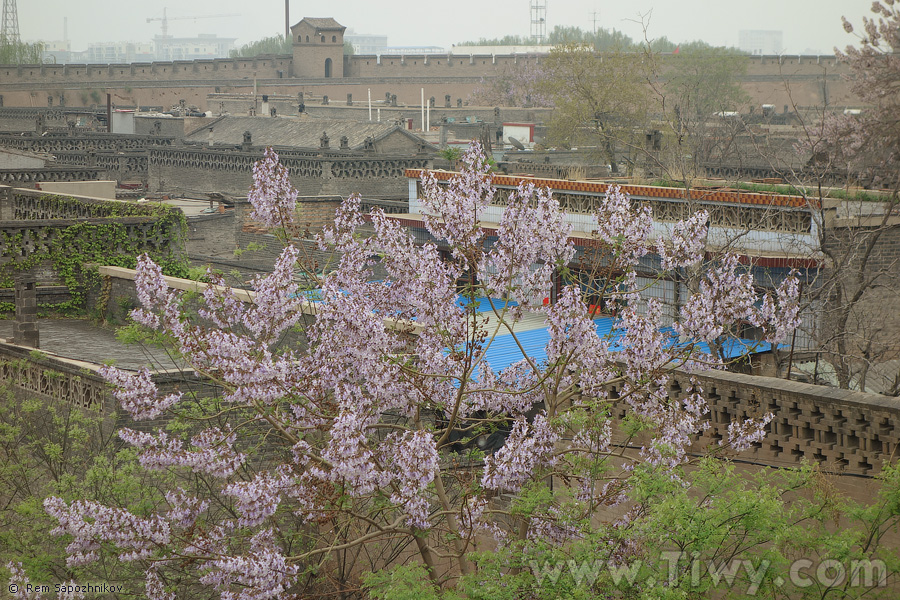
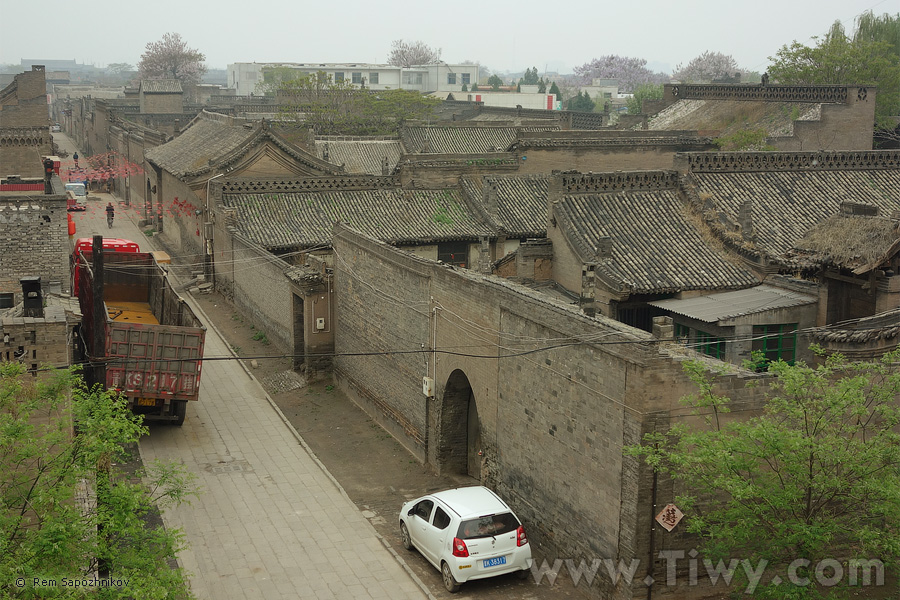
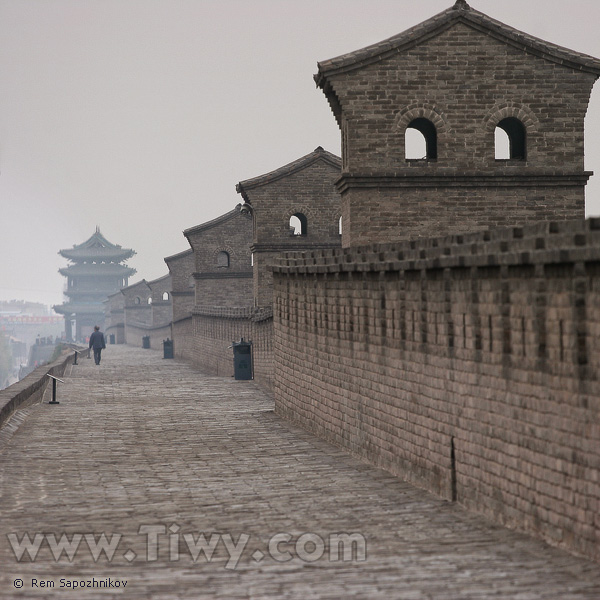
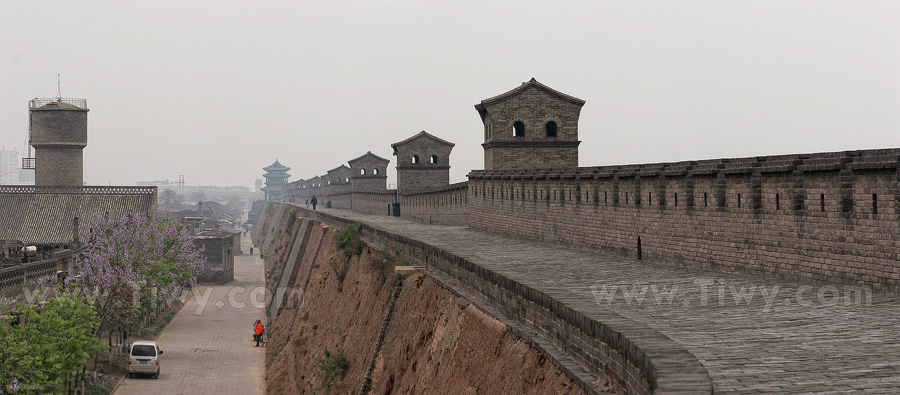
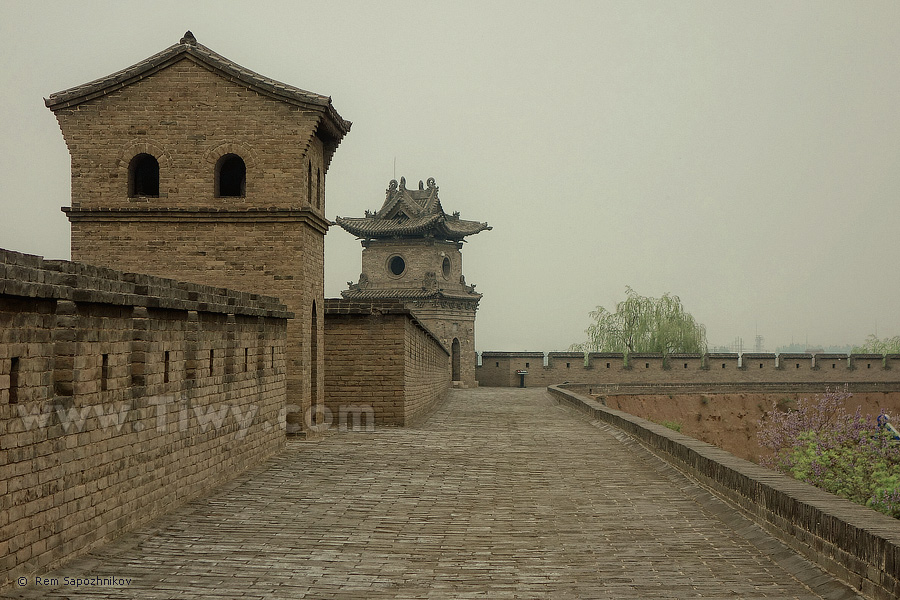
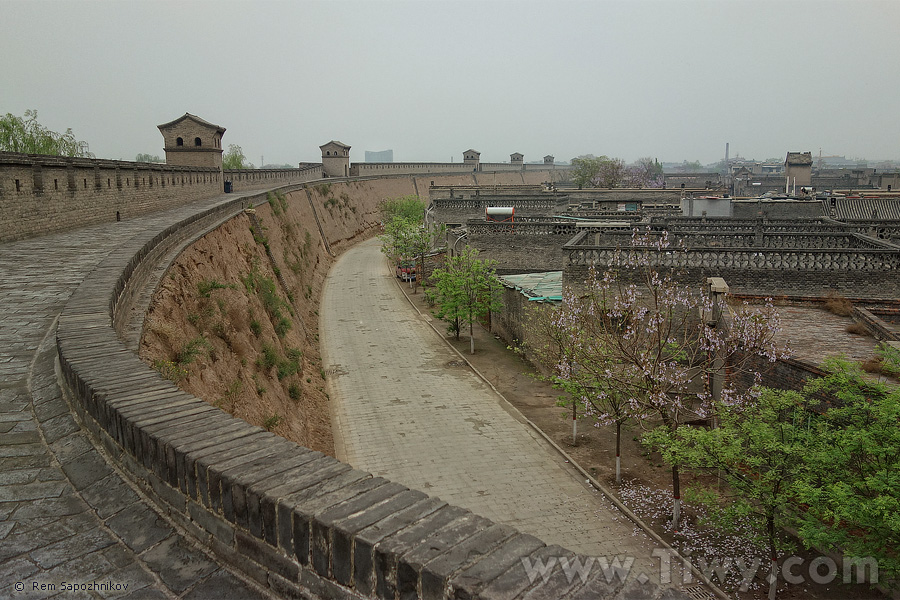
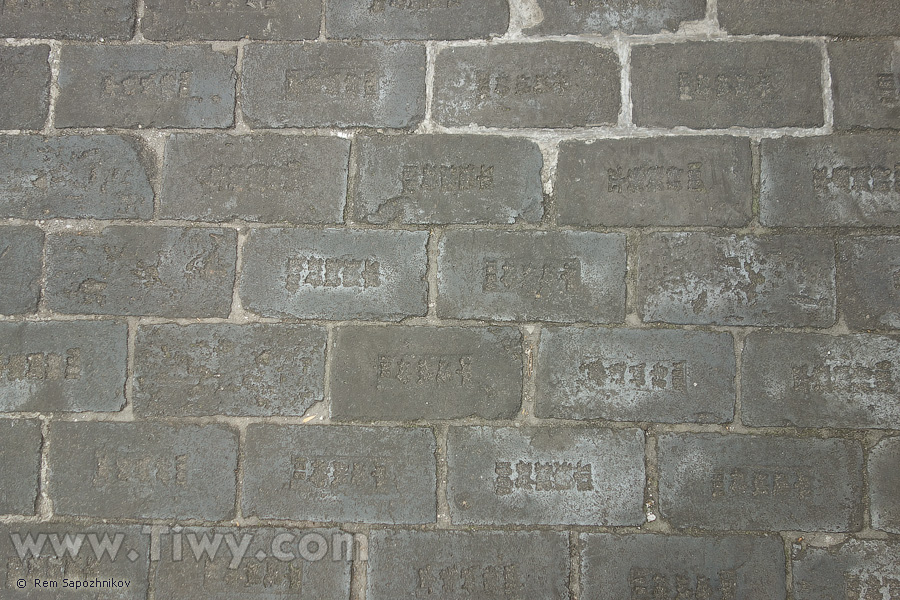
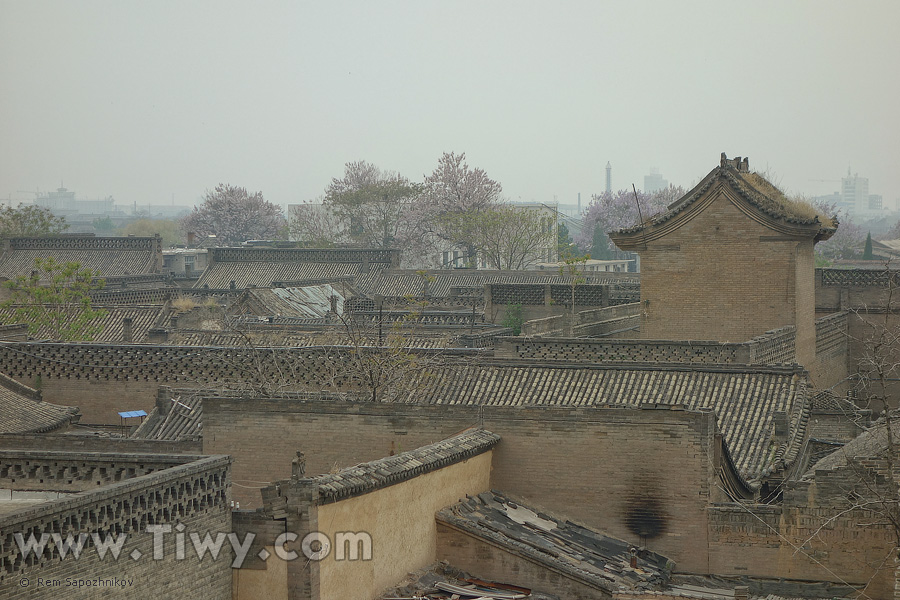
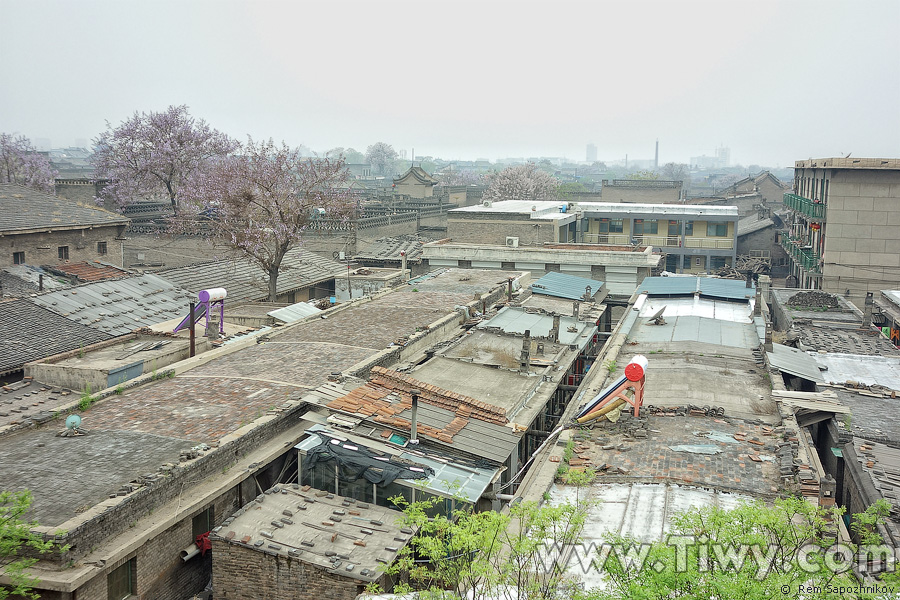
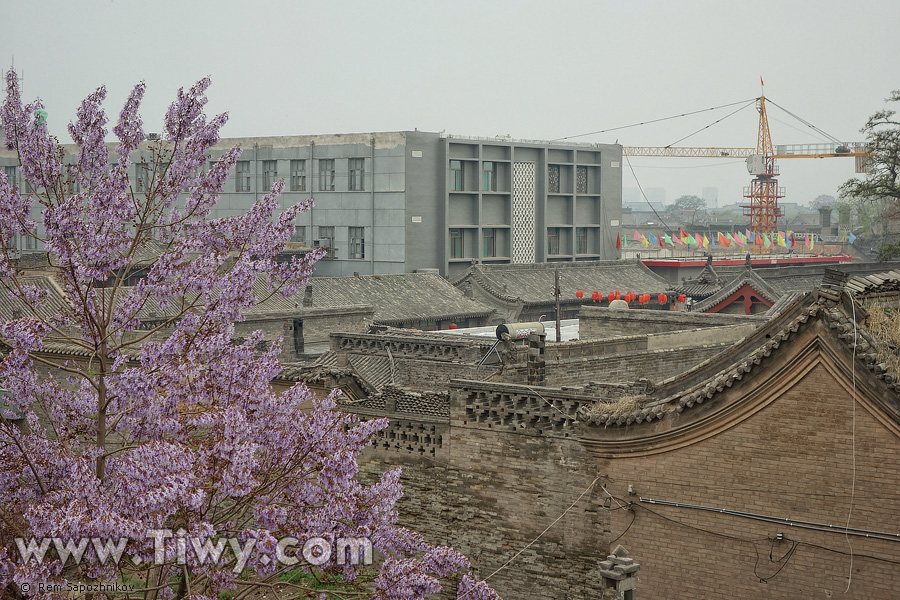
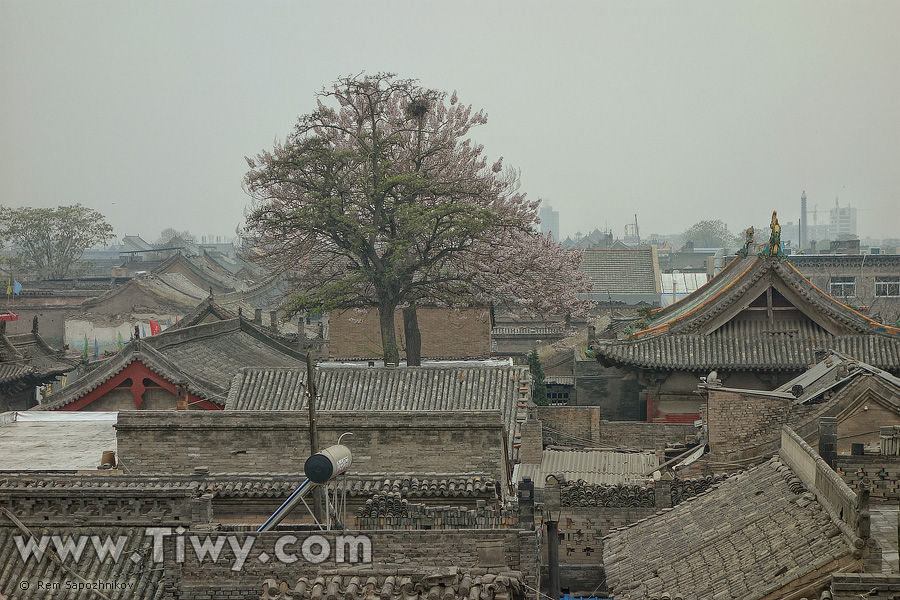
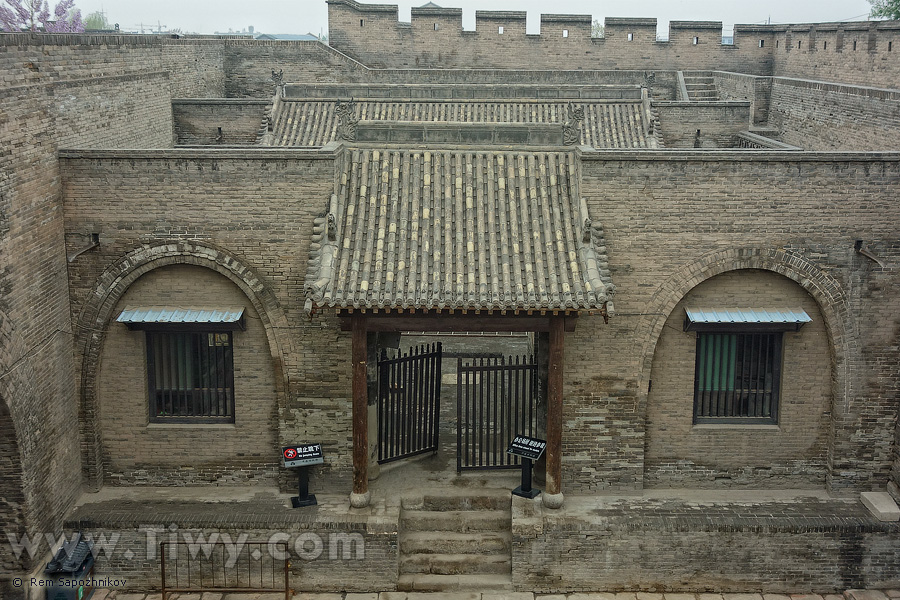
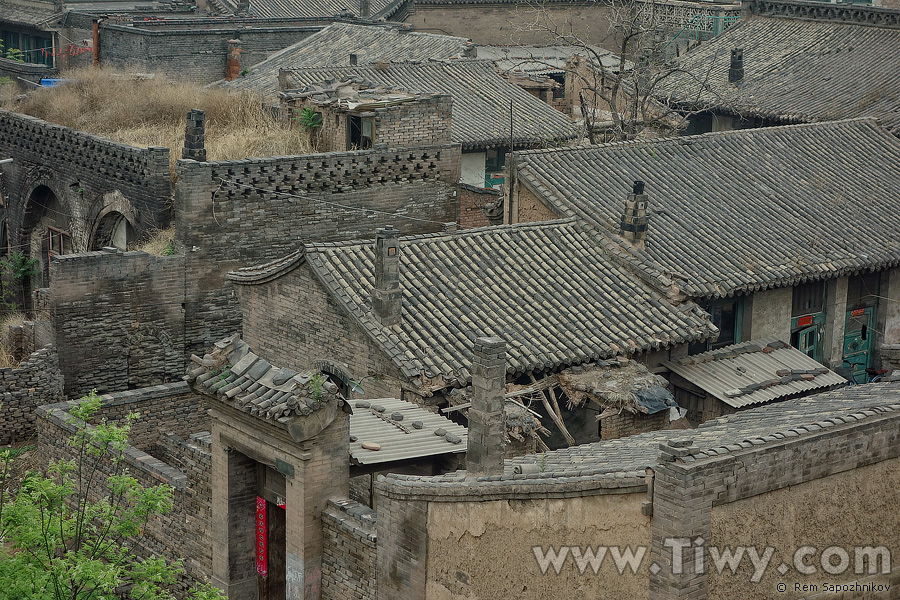
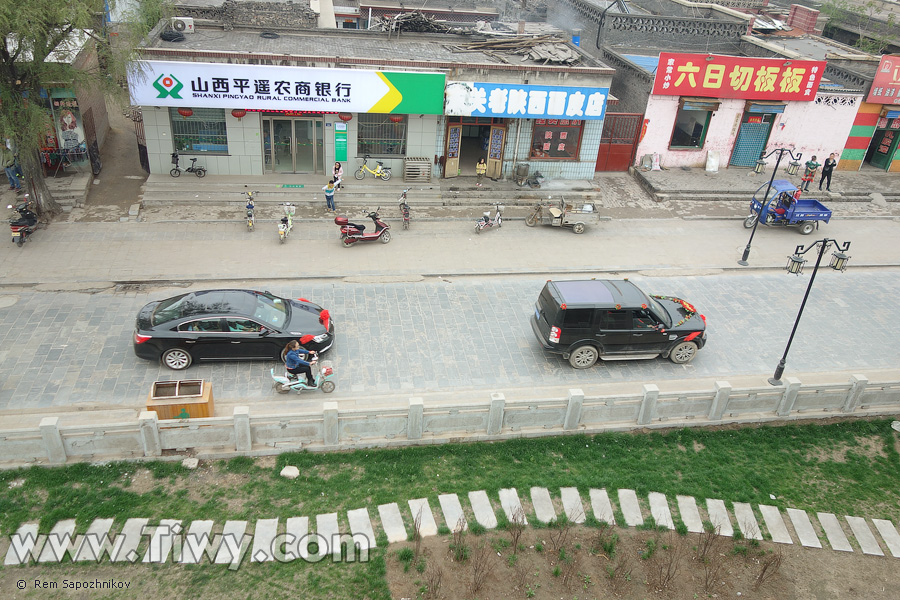
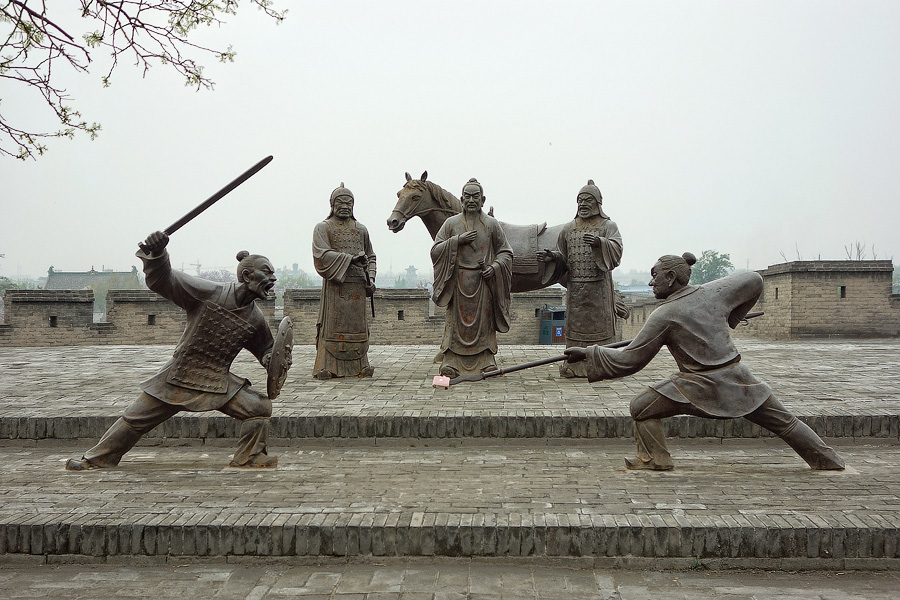
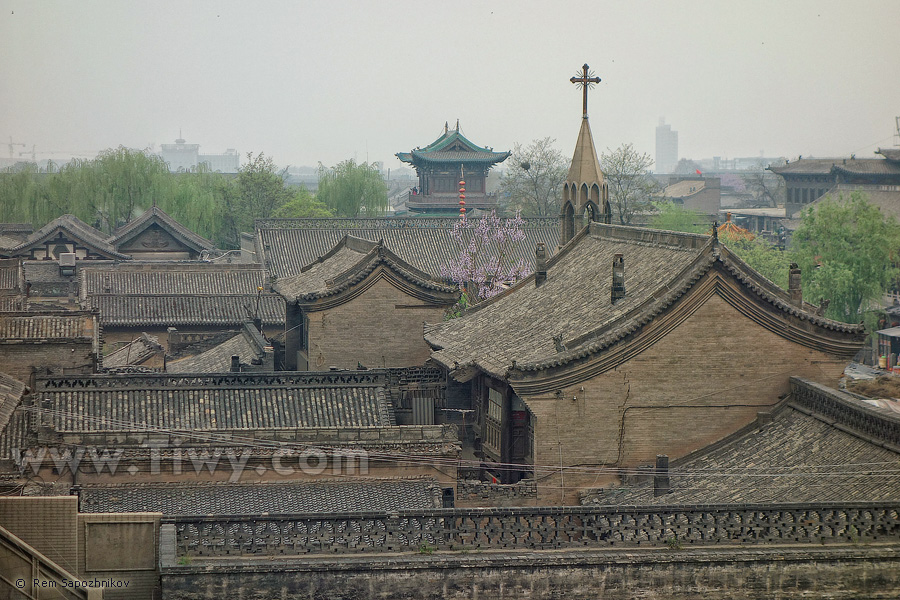
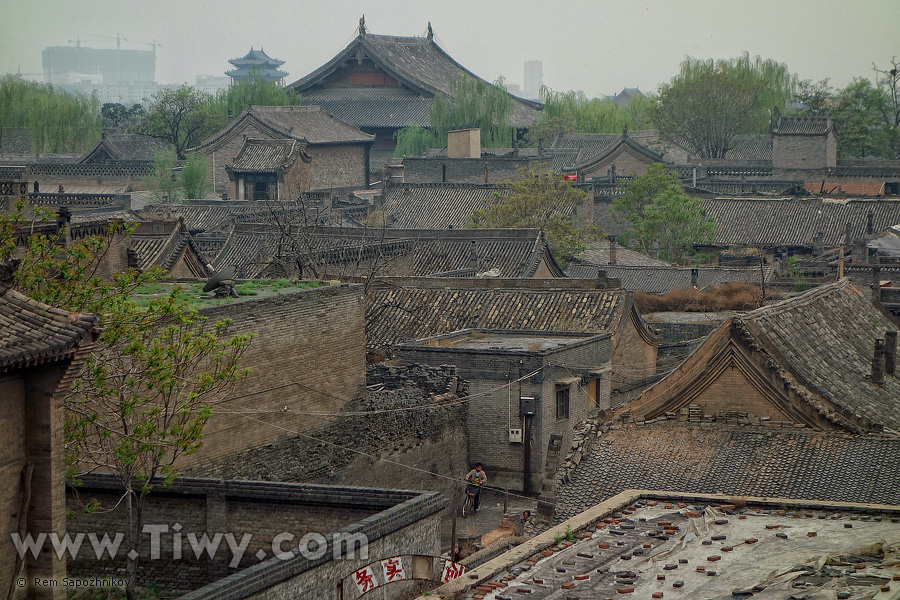
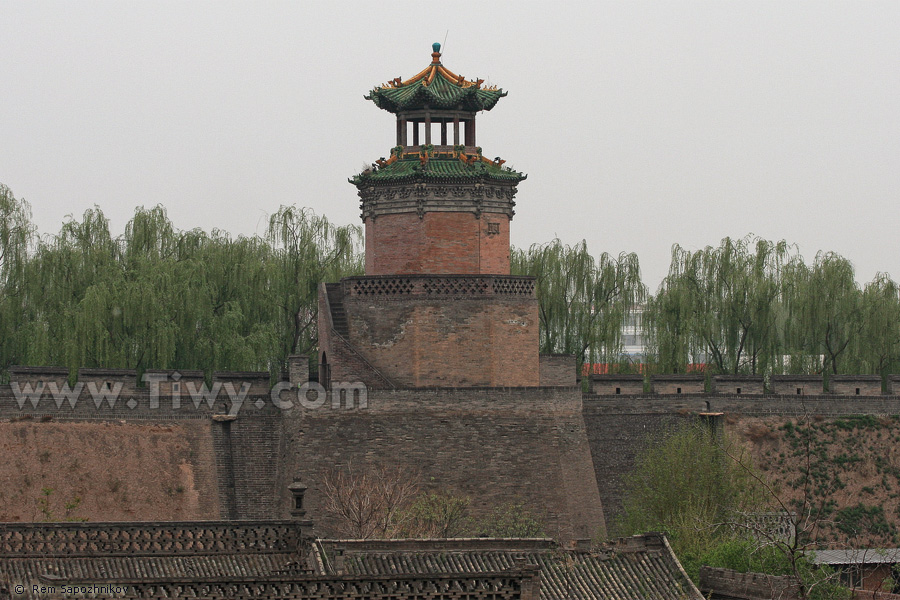
The site www.synologia.ru says that Kui Xing (魁星 - kuí xīng) in Chinese mythology is deity – assistant to Wen Chang (文昌 - Wén Chāng), the God of Literature. Taoists also believed that Kui Xing is a famous writer Su Shi (苏轼 - Sū Shì), 1036-1101, who became a deity.
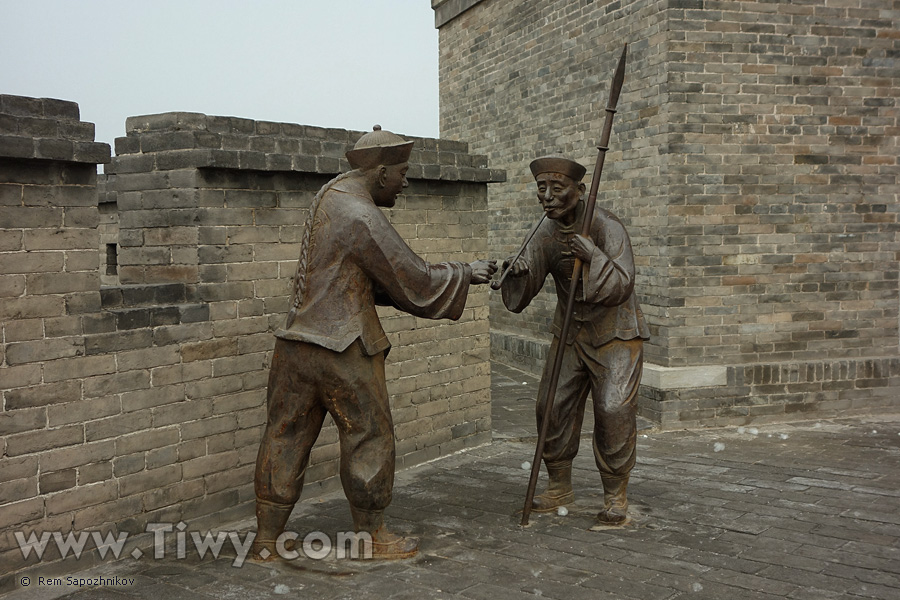


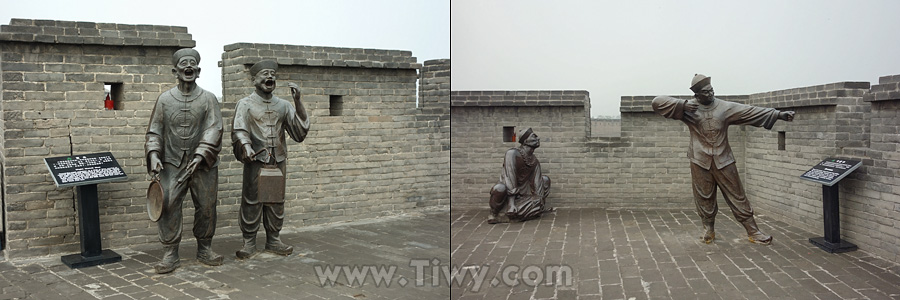
In ancient China a pair of night guards (更夫 - gēngfū) used to patrol the city streets at night. With them they used to have gongs or bells. In addition their duty was to bong every 2 hours time (打更 - Dǎgēng). The 5th bong marked sunrise, after which the night guards went to rest.
